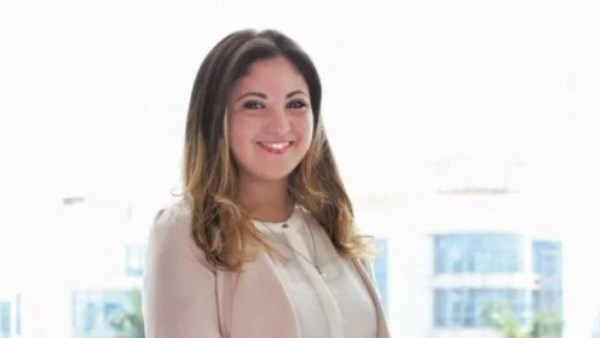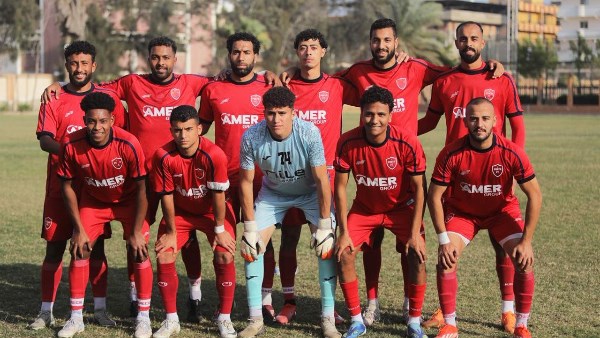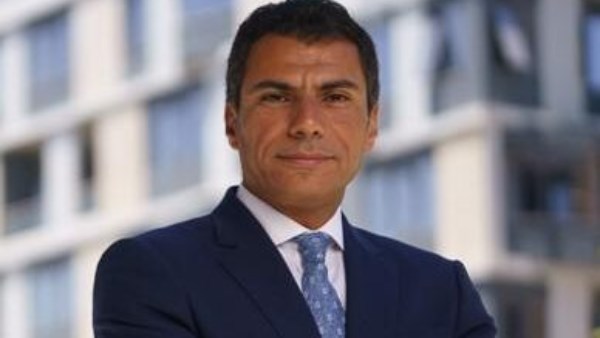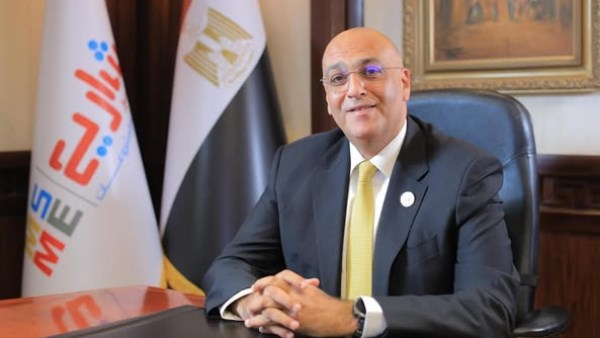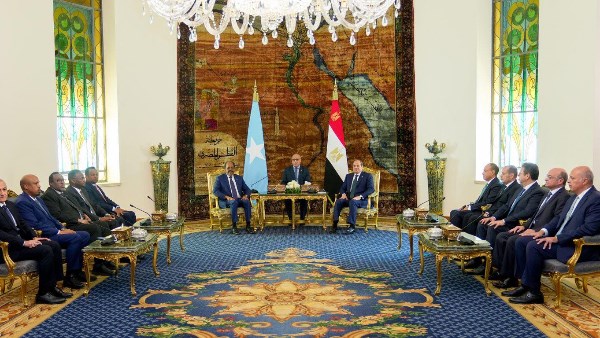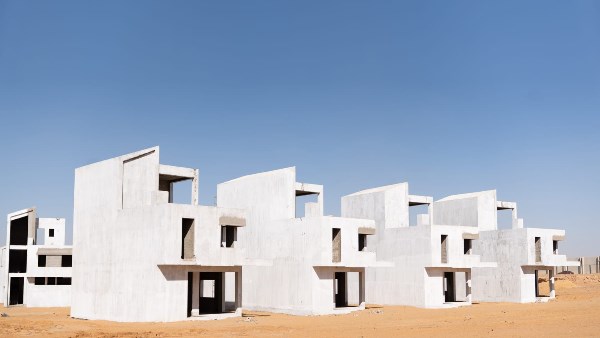
Dubai’s Luxury Property Market Is Cashing In on the Global Slowdown

Indian billionaire Mukesh Ambani bought an $80 million mansion in Dubai for his youngest son in March, setting a new record for the city’s real-estate market. Weeks later, a mystery buyer shelled out 302.5 million dirhams ($82.4 million) for an eight-bedroom, 18 bathroom villa on the city’s artificial tree-shaped island of Palm Jumeirah.
That record, too, would be shattered within months. Ambani last week splashed out $163 million for another mansion on the palm-shaped island, people familiar with matter said,illustrating the relentless rise in demand for Dubai property.
Swift transactions
Brokers and developers talk of swift transactions in the market, more than 70% of them in cash. And of a wild assortment of buyers — from rich Russians looking for a safe haven for their money after their country’s invasion of Ukraine to startup founders and investors from neighboring Gulf countries flush with cash after the surge in oil prices.
The emirate’s prime real-estate prices surged 70.3% over the 12 months through September, making it the biggest gainer on Knight Frank’s global index, which focuses on a city’s most desirable and expensive homes, often the top 5% by market value. That far outstrips a 2.5% rise for London on the index, 8.9% in Paris and 7.3% in New York, where deals have been hampered by higher interest rates and energy-related economic slowdowns.
The turnaround has been spectacular. Just over a decade ago, the city’s property market collapsed. Now, Dubai — which is part of the United Arab Emirates — is at the heart of one of the world’s biggest luxury housing booms. Some developers still owe banks billions of dollars and a key international financial watchdog placed the UAE on its gray list this year, partly over concerns about allegedly illicit foreign money entering the property sector. The government has said it has made steady progress in monitoring inflows of money and it’s taken steps over the years to prevent a repeat of earlier price swings.
Lttle incentive to increase oversight
Still, Dubai’s property registry isn’t public and the Land Department doesn't typically provide access to information on the identities of buyers of specific properties. Some critics say the authorities have little incentive to increase oversight or transparency too much because of the economic benefits of the funds pouring into the housing market. “Dubai is an easy place to buy real estate relatively anonymously,” said Jodi Vittori, a non-resident scholar at the Carnegie Endowment for International Peace, who has researched the emirate’s property sector. “With each international crisis, money seems to flow in there, sometimes encouraged openly like during Covid, but sometimes not as with the Russian conflict. Either way, it will remain a key part of their economic development plan.”
Up to now, such concerns have not been enough to cool the property exuberance. The UAE will attract the biggest share of private wealth globally this year with a net inflow of 4,000 millionaires, according to the immigration consultancy Henley & Partners. Dubai’s government has offered foreigners 10-year visas and introduced reforms to make the emirate more socially liberal than it used to be.
“The UAE takes its role in protecting the integrity of the global financial system extremely seriously. This includes embedding a clear regulatory framework for real estate brokers," the country’s Executive Office of Anti-Money Laundering and Counter Terrorism Financing said in a statement . All property agents, brokers, and law firms are obliged to file reports to the government's Financial Intelligence Unit for real-estate purchase and sale transactions, including for cash and virtual asset payments, the statement said. Such measures show the UAE’s efforts to fight money laundering and terrorist financing, it said.
Dubai's Property Boom
Among new arrivals into Dubai are Israeli investors, crypto millionaires, and hedge fund executives. There were also bankers fleeing Covid restrictions in Asia and the fallout of Brexit in the City of London. Those moving to Dubai land in a city known for its low crime rates. Still, the UAE, like most other Gulf Arab states, is run by a monarchy that tolerates little political dissent. It’s also located in one of the planet’s hottest regions where summer temperatures can soar above 45 degrees celsius.
But property buyers have substantial tax benefits. Purchasing a luxury home in the UK could mean taxes of 15% or more, according to the research firm CBRE, while in Dubai a buyer pays a 4% transfer tax. The city does have VAT and corporate levies, but there are no income taxes.
“Our clients tend to be super wealthy. Recession and higher mortgage rates don’t change their lives,” said Murat Ayyildiz, chairman of Alpago Properties in Dubai, which is building several villas on Palm Jumeirah including the mansion with 18 bathrooms.
Previous boom times in Dubai have fueled a wave of flamboyant construction only to be followed by sudden downturns. In 2009, the crash drove prices down more than 50%. The emirate went on to stave off bankruptcy largely due to a $20 billion bailout from oil-rich neighbor Abu Dhabi. Prices started to rebound in 2011 when the Arab Spring broke out only to drop again in late 2014 as crude prices collapsed forcing governments around the Gulf into austerity drives.
The latest surge in the Persian Gulf emirate dates back more than a year, with the city attracting real-estate investments worth about $6.6 billion in August, the highest by volume and value in 12 years, according to HSBC Holdings Plc. The government has put in measures to prevent volatility, introducing requirements like larger down payments.
Also, with about 70% of transactions now done in cash, or without mortgages, any slowdown due to higher borrowing costs is likely to be limited, CBRE predicts.
The war in Ukraine
The trend has been magnified by the war in Ukraine. Property broker BetterHomes says it saw purchases by Russians surging 164% in the first half of this year.
Some Russians now prefer to pay entire amounts upfront because of potential complexities in making currency transfers via the international SWIFT banking network, brokers said. “Our clients prefer to pay the cost of the property at once,” said Irina Mosheva, managing partner at Intermark Real Estate, which formerly operated in Russia under the Savills brand. “This is due to concerns about the extension of sanctions and further disconnection of banks from the SWIFT system.”
The UAE hasn’t sanctioned Russia even as the US, UK, and EU have. Some US officials havewarned the UAE about the potential risks of sanctions being circumvented. However, the UAE has maintained that it respects international law but isn’t required to follow sanctions being implemented by specific jurisdictions like the US or EU.
Some of Mosheva’s clients are attracted to Dubai’s low taxes, while others are investing because it allows real-estate payments in cryptocurrency, another way to navigate international banking restrictions.
Yet, the demand for Dubai property goes well beyond Russians. On the 2022 UBS Global Housing Bubble Index — which analyzes residential prices in 25 cities to highlight those with the greatest housing bubble risk — Dubai was ranked as fairly valued on the index in an updated evaluation this October, even as financial hubs like New York and London were marked as over valued and Toronto was in bubble territory. That highlights the city’s attraction for the wealthy around the world.
The $80 million mansion purchased by Ambani’s firm Reliance Industries Ltd. for his son was a beach-side villa on Palm Jumeirah, two people familiar with the matter said in August. Among other recent big-name investors in Dubai property is Indian-born billionaire Lakshmi Mittal, the executive chairman of steel giant ArcelorMittal SA, who bought a trio of residential plots in the city, according to people familiar with the matter. Representatives for Mittal declined to comment on the purchase.
A new glass tower
Honey Deylami, an executive partner at the property agency Luxhabitat Sotheby’s International Realty said buyers from overseas — including Europe, the US and Canada — have been snapping up apartments and penthouses in a new glass tower. She recently sold a four-bedroom apartment in the building for 56 million dirhams ($15.3 million).
“For this kind of ticket size transaction, clients prefer not to go through the hassle of mortgage and all of them can easily afford these numbers,’’ she said. “So they don’t ask for finance or mortgages from banks.”
A 20-minute speedboat ride from the coast is The World, a man-made archipelago of some 300 islands created by Palm developer Nakheel to represent the shape of the world map. Little construction took off on them because of the global financial crisis and the near-bankruptcy of Nakheel in 2009 and most remain just a patch of sand.
Maldives-style resort
But the recent influx of money has led to attempts to revive the stalled venture and in December, the luxury hotel chain Anantara opened a Maldives-style resort on one island. On another island, is the Heart of Europe project, which was initially centered around floating and partly underwater villas, and where now one of several hotels is set to open later this year. Nakheel went on to bounce back from the financial crisis by restructuring its debt and is attempting to construct yet another set of man-made islands called Dubai Islands, which will have beachfront apartments.
Other developers are building high rises along Dubai beaches. On the Palm, Alpago has started building an 11-storey tower designed to include nine penthouses with sky pools.
On Palm Jumeirah, a futuristic building called Atlantis The Royal Residences has sprung up with a giant jellyfish water tank and an infinity pool on the 22nd floor. The 231 ultra-luxury residences in the building are already sold, said Philippe Zuber, CEO of Kerzner International which developed the property. He has more investments planned for Dubai, including a resort called One & Only One Za’abeel, which will include private homes for purchase. That shows, “how much we believe Dubai will continue to attract the world,” Zuber said.
The broader Dubai housing market is also on a tear, with the average annual rent for a family home reaching 268,758 dirhams ($73,171) last month after rents jumped 26% in the year through September.
Yet there are pressures that might dampen Dubai’s outlook. Earlier this year, the global financial watchdog Financial Action Task Force placed an added spotlight on Dubai’s real-estate market, when it put the UAE on a gray list, partly over concerns about illicit cash in the property sector. After the warning, the UAE said it would work with FATF to continue to strengthen its efforts to fight financial crime and in a statement earlier this year, it said it had confiscated $625 million last year across various money-laundering crimes. While analysts have said that the FATF warning is likely to increase compliance costs for individual companies, the country’s broader resurgence has continued. The International Monetary Fund projects the UAE’s economy will expand 5.1% in 2022, compared with 3.8% last year.
The center of a corruption scandal
Controversial figures have bought property in the emirate in the past. In 2016, the Gupta family — which is at the center of a corruption scandal in South Africa — bought a $30 million property in Dubai, a family representative said at the time. More recently, the UAE has been in talks with South African authorities to extradite members of the family, who face international sanctions. The Guptas have always denied the allegations. The UAE government has said it has stepped up extradition agreements and arrested high profile figures involved in global financial scandals.
Still, in recent months, the UAE has raised interest rates in tandem with the US Federal Reserve. That’s a potential pressure because its developers, building companies and domestic banks continue to carry heavy debt loads on their books. Ratings agency Moody’s Investors Service said in a recent report that real-estate companies in the UAE are in a good position due to the strong economic rebound but “threats to this scenario are rising” due to risks including higher inflation, rising interest rates, and fears of recession in the US and Europe. High-profile projects that began before 2009 remain in limbo, and the research firm CORE predicts that rising interest rates have the potential to slow the rest of the housing market by deterring mid-income buyers.
But “the elephant in the room is the refinancing of debt which could be an issue for corporates including developers in UAE given the rising cost of borrowing,’’ Bloomberg Intelligence analyst Edmond Christou said. Real estate accounts for 19% of banks’ credit-risk exposure and that link could become a contagion risk, he said.
Such concerns aren’t deterring Dubai’s developers, and much like during previous booms, their construction drive is continuing relentlessly. “Do I worry about a tsunami or typhoon?” Ayyildiz, the luxury firm’s chairman, said about potential risks. “Well, it’s like the pandemic, no one saw it coming but it came. You can’t really worry about that.”





-1120252475029447.jpg)




